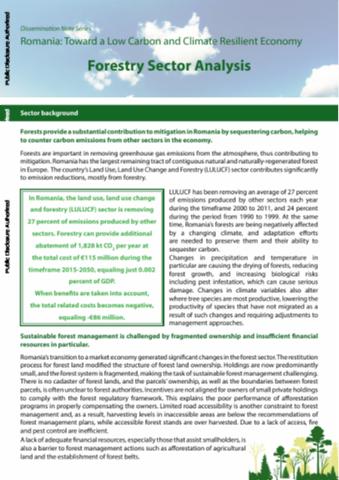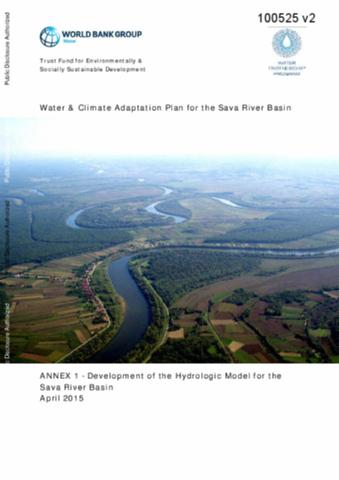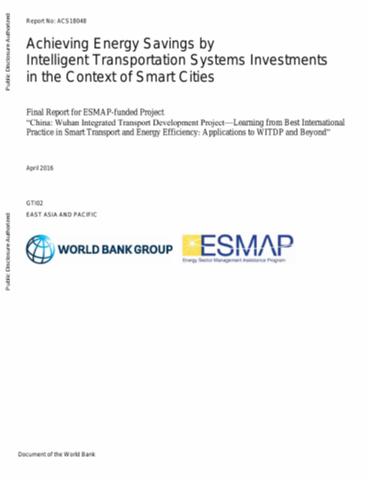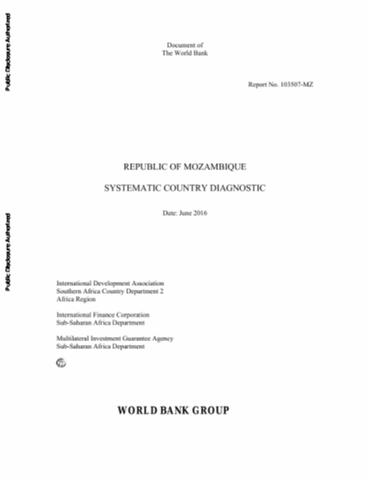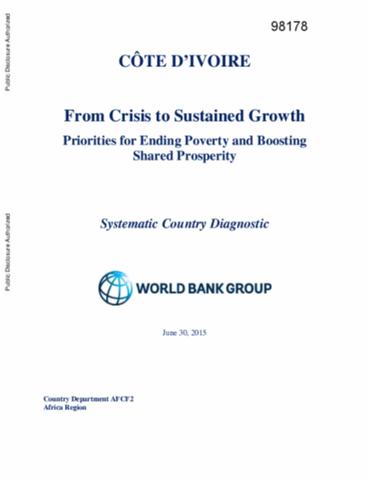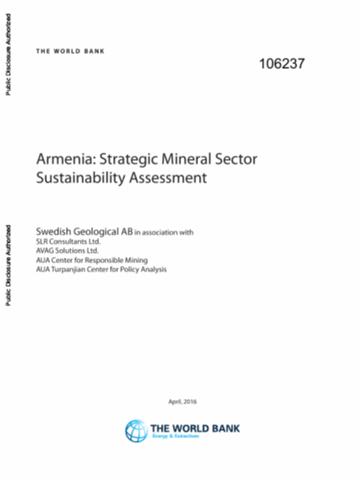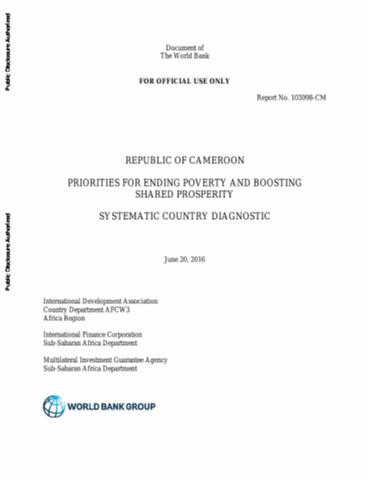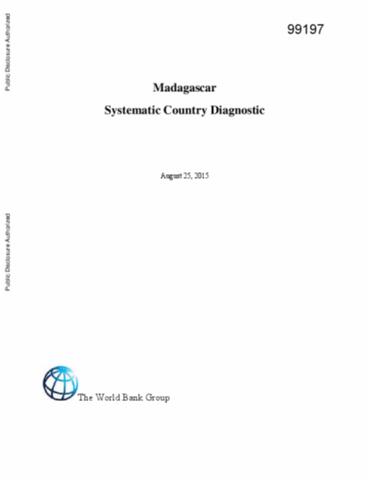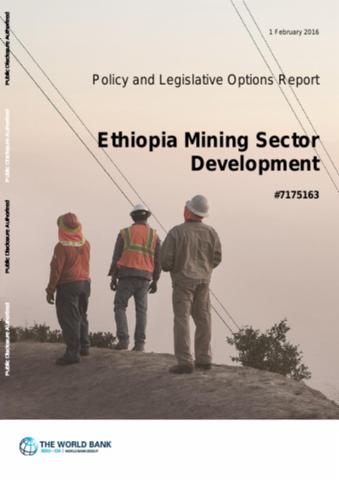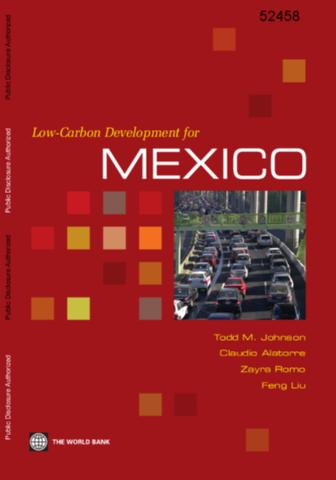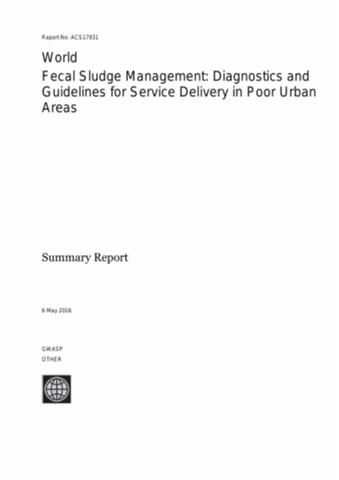Romania Toward a Low Carbon and Climate Resilient Economy
This report is about forests that provide a substantial contribution to mitigation in Romania by sequestering carbon, helping to counter carbon emissions from other sectors in the economy. Sustainable forest management is challenged by fragmented ownership and insufficient financial resources in particular. A summary of key existing analytic studies, and the construction of a marginal abatement cost curve for mitigation actions in the forestry sector, was the basis for identifying key adaptation and mitigation measures for Romania’s forests.

